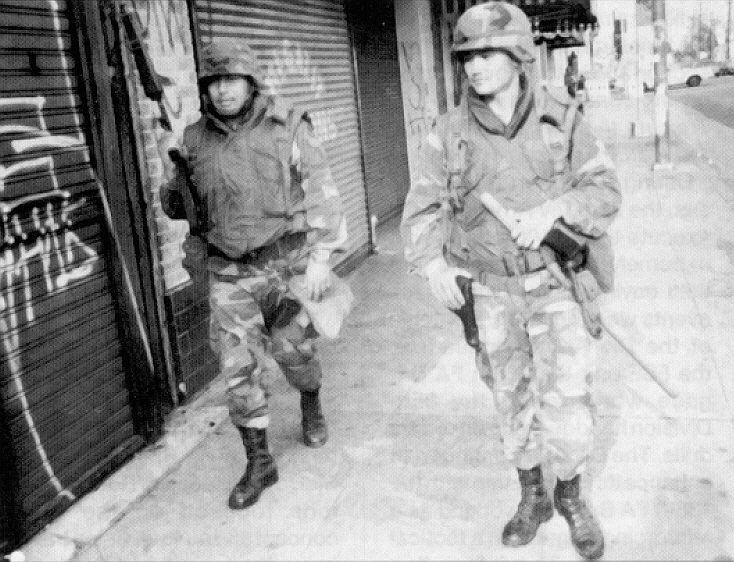Helene Cixous speaks about the body and the way that women are supposed to succumb to passivity due to cultural ideology of the world we live in. Women have always been seen as the weaker sex, the ones to be passive while the men are active. We exist in these binaries of hierarchy: there are always two oppositions and one is better than the other.
She says: "We see that 'victory' always comes down to the same thing: things get hierarchal. Organization by hierarchy makes all conceptual organization subject to man. Male privilege, shown in the opposition between activity and passivity, which he uses to sustain himself. Traditionally, the question of sexual difference is treated by coupling it with the opposition: activity/passivity" (C 158).
One way Cixous says that women have 'messed up' this hierarchy, however, is through bisexuality. Being bisexual blurs the lines of binary and hierarchy because one is not required to like the other sex (in this case, a woman is not required to like a man). Bisexuality replaces sexual differences between the two sexes and creates a "a fantasy of unity" (C 159).
She goes further to say that women benefit from this bisexuality because if they embrace their bodies and their sexuality, it is not necessarily for the pleasure or appeal of men. It is for themselves.
Judith Butler, another feminist theorist, goes back a couple steps to say that gender is a social construct. This active/passive binary ideology that Cixous is talking about exists because society fails to recognize that 'woman' is not an overarching term for all females.
Butler says: "Apart from the foundationalist fictions that support the notion of the subject, however, there is the political problem that feminism encounters in the assumption that the term women denotes a common identity. Rather than a stable signifier that commands the assent of those whim it purports to describe and represent, women, even in the plural, has become a troublesome term, a site of contest a cause for anxiety" (C 193).
Both of these authors delve into what has caused women to be the inferior gender. They discuss binaries, ideology, and terms as a way to see how women became the oppressed of the sexes and why all females are even classified as 'women'. Is it simply because they are alike? Or has their oppression bonded them into being alike and thus being constructed as their own gender?
These readings are a breakdown of feminism and what has led to it. Through Cixous and Butler we can explore the ideology behind gender specification that has cause the issue of man vs. woman, masculinity vs. femininity to this day. I look forward to discussing this more in class next week!




.jpg)













